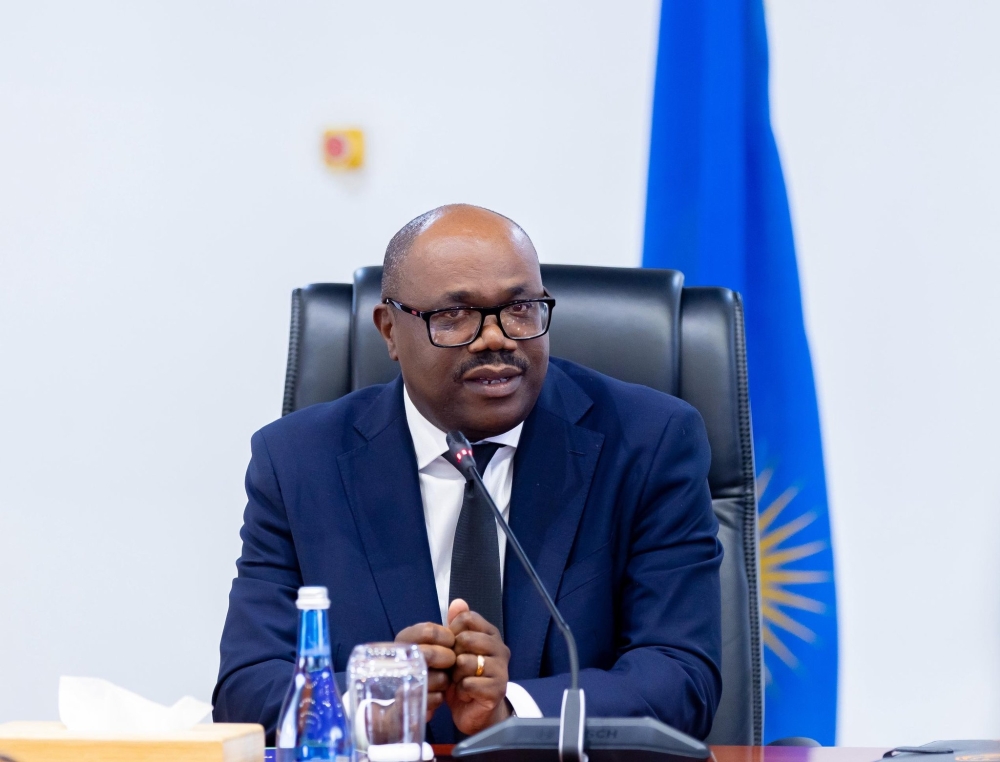The East African Community (EAC) member countries have agreed to adopt a protocol by August that will have legal mechanisms to prevent non-tariff barriers amongst member countries.


The East African Community (EAC) member countries have agreed to adopt a protocol by August that will have legal mechanisms to prevent non-tariff barriers amongst member countries.EAC Secretary General Richard Sezibera told journalists in Nairobi that the five member states have agreed to this measure in order to speed the implementation of the Common Market Protocol. "Member states have also agreed to eliminate all non tariff barriers by December 2012,” Sezibera said after the first forum with chief executive officers of leading Kenyan companies. He said a report has shown that all the member states have some level of non tariff barriers so they have agreed to implement a protocol that will give the EAC legal powers to compel member countries to ensure they are eliminated. The forum was aimed at discussing key challenges facing the private sector in the EAC integration process as well chart a way forward on resolving the identified problems. Sezibera added that the EAC also plans to hold similar meeting with CEOs in the other members’ countries which include Tanzania, Uganda, Burundi and Rwanda. "This move will ensure that member states abide by the Common Market Protocol agreement which calls for free movement of goods, services and capital within the five-member economic bloc,” he added. The secretary general said that compared to other trading blocs in the world, the EAC community has made the most progress over the same period of time."However, the bloc is not yet a single customs territory as some nations have asked for time in order to safeguard their domestic economies and industries,” Sezibera said, noting that some countries have not fully domesticated the protocol that was signed two years ago though all the member states have agreed to the full implementation of the common market by 2015. The EAC said that the trading bloc has also agreed to harmonize both its fiscal and monetary policy by December."We hope to learn lessons from the European Union which has adopted a unified monetary policy,” he said. "The protocol which is crucial, if full integration of the trading bloc is to be achieved, will contain a road map for the implementation of a common monetary union and single currency,” he added. However the EAC is still facing challenges in infrastructure required to enhance cross-border trade and harmonization of domestic taxes in order to create a level playing field for all players. "Only five percent of trade within the EAC is conducted by rail and this has contributed to the high cost of doing business in the region,” he noted. The EAC and the private sector will also collaborate in the development of a common commercial policy to cover trade and investments as well as the creation of an EAC competition authority.Kenya Private Sector Alliance (KEPSA) chairman, Patrick Obath, said that the private sector will present a proposal to the EAC secretariat that will include steps that member states can take to fast track implementation of a fully fledged custom union and removal of non tariff barriers in two weeks. "The key issues include the adoption of specific timelines for the implementation of common market protocol so as to allow for seamless trading across the community,” he said.Obath said that the business community is concerned by the slow pace of the common market which was signed in 2010. "All policies are already in place but we are calling for regulations in member states in order to realize the dream a free trade zone,” the KEPSA chairman said. While EAC intra-trade has increased tremendously in the past decade, there still remains a few bottlenecks before the region becomes a single market, he added. "A standards team for products comprising of all member states has already being established in order to remove delays at the borders,” Sezibera said.” "The EAC and business community have agreed to chart a common platform for the way forward in order to increase trade amongst members”.The chairman of the Kenya Association of Manufactures (KAM), Jas Bedi, said one of the key priorities for the implementation of a fully fledged customs union is simplification of procedures at the border posts. "Traders are forced to spend a lot of time at borders yet a common market protocol exists,” Bedi said. Sezibera said the private sector contributes at least 80 percent to the regional economy in terms of wealth creation, poverty reduction and production of goods and services and hence the need to engage the sector in such dialogues. "The engagement of the private sector in the EAC affairs has been both informal and formal and my objective is to leverage this engagement,” Sezibera said.




